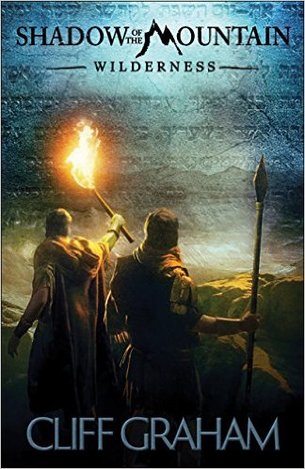 Interview by Brock Eastman Featuring Shadow of the Mountain: Wilderness Action-driven and unique in Christian fiction today, Shadow of the Mountain: Wilderness begins with Moses sending Joshua, Caleb, and ten others to spy on and scout the country of Canaan, where the Lord has promised them a homeland. Asked to report back, ten talk only of the Anakites, a race of fearsome giants in the hills, their walled cities, and terrible human sacrifices to their gods. Despite giants, Joshua and Caleb feel the Lord is on their side and the land will be worth it. But the hearts of the people are fearful and turned against God's words. Their punishment will be forty years without a home, wandering the deserts until that generation dies out. But as the life of Caleb proves, God's promises are real--for men young and old. Brock: What was your inspiration for writing the Shadow of the Mountain series? Cliff: I travel and speak frequently, and I noticed that the older men in the crowd frequently felt left out of what churches are doing. The 85 year-old Caleb makes for a terrific role model for them, and I wanted to bring him to life for the modern reader. Brock: Tell us about the main characters. Who are they? What makes them unique? Cliff: Caleb and Joshua are two characters in the Bible that many people can identify but few know much about. They lurk in the shadow of Moses, who has been featured much more prominently in popular portrayals, sermons, and other avenues. Caleb, especially, is the one who gets overlooked. He doesn’t show up much in the Bible, but when he does, it’s always inspiring. I wanted to explore the bond of brotherhood these two shared in the wars of the Israelite conquest. Brock: In three sentences, what is this book about? Cliff: The wars of the Israelite conquest as told through the eyes of Caleb and Joshua. It is a depiction of what it might have been like to fight on the ancient battlefields alongside these heroes. It is also a meditation on how men can wage great battles even as they age and are thought to be no longer useful. Brock: Do you outline the entire book before starting, or do you write as you go and let the characters take control of the story? Cliff: I outline about three pages worth of material just so I have a road map. I always start with the end of the book; I think of the best possible ending that the book can have, write that first, and then start again from the beginning. I feel like I need to “earn” the ending so I try to work towards it. Brock: How do you believe this story relates to the lives of readers? Cliff: I think it will have an impact on men young and old, and show them that there is more to the Bible than Jesus petting lambs. Brock: How many books are planned for this series? Cliff: Three Brock: Any certain research required for the book, or is it all from your imagination? Cliff: I spend an extensive amount of time researching so I know my parameters and can enlighten the reader with certain historical details they may never before have considered, including on site in Israel at the battlefields, but with a clear note to the reader at the beginning of all of my novels, I make sure to point out that this is my imagination at work and must be treated as fiction. Brock: What do your readers think about your latest series? Cliff: I wasn’t sure how they would react to this series as opposed to the Lion of War series. It has a different tone and concept. The reaction has been extremely gratifying. Many say they are their favorite books of mine. Brock: Can you give us a hint at the next book in the series? Cliff: It will involved the spying mission that Joshua and Caleb go on dispatched by Moses. I always thought it was an exciting episode in the Bible and wished it had more “screen time.” Brock: Do you plot or outline the entire series before you begin writing, or do your books take on lives of their own? Or is there a combination? Cliff: Each book is its own battle. They are forged in great frustration and heartache. Occasionally there is joy. What makes it worthwhile is the feedback from readers. Brock: Is it difficult to be accurate to a Biblical perspective or Biblical facts when writing fantasy fiction? Cliff: It is unrelentingly stressful, because you are always aware that you are dealing with the Word of God. However, once you figure out where the “silent” areas of Scripture are, there is fertile ground for the imagination. You can fill in a lot of gaps with a plausible interpretation. Brock: How much leeway do you gives yourself with facts in a Historical Genre? Cliff: I try not to give actual facts any leeway. However, the context of facts can be interpreted in different ways, as well as the strategic use of facts. You can stay away from certain facts that don’t fit within your story as long as you don’t contradict or violate them. Brock: Where do you like to write? Cliff: Random places. My staircase is one, and it drives my wife crazy. I’m not sure why. I think it’s because if I am too comfortable, my mind wanders. I also don’t enjoy being entirely alone when writing, because it is an inherently lonely activity. Brock: Are you a full-time or part-time author/writer? Cliff: I am a full-time author who does a lot of other things as well. Brock: How long does it usually take you to write a single book? Cliff: If I am really feeling a story and the characters are coming together, I can draft it in 30 or so days. It can be much longer if I am not quite connecting with the story as I originally envisioned it. Brock: Expound on the spiritual themes in the series. Cliff: My prayer is that readers can read some of these stories with a fresh perspective, specifically through the lens of warfare. I think many people believe these characters wandered around with soft-spoken British accents and never got dirty. I want to portray the reality of life on the battlefield. The laughter, the blood, the sweat, the tears, the suffering, the triumph. Brock: What are some of the strongest influences on your writing? Cliff: Hemingway, Cornwell, and L’Amour are my favorite novelists. Each of them brought something different to the craft that I stand in awe of. However, my single favorite historical novel is The Killer Angels by Michael Shaara. The way he brought Gettysburg to life remains unsurpassed in combat literature, in my opinion. Brock: Coke or Pepsi? Cliff: Coke Zero Brock: Soft shell or Hard Shell tacos? Cliff: Soft shell, and it’s not up for debate. Brock: Favorite place to vacation? Cliff: Anywhere with historical battlefields. Brock: Favorite season? Cliff: Winter Brock: Do you have a particular drink or food you consume when you write? Like coco, raspberry tea, animal crackers? Cliff: Tea in the evenings, coffee in the mornings. Brock: Favorite color? Cliff: Navy blue Brock: Do you have a favorite Bible verse? Cliff: Psalm 140:7 “Oh Lord, the God of my salvation, you have covered me in the day of battle.” Brock: In what areas have you failed as you built a career as an author? Cliff: I frequently bite off much more than I can handle. I have done a poor job of delegating to folks who help me manage our projects, since I usually am focused on a larger vision and get impatient with details. I frequently communicate poorly with supporters. I have learned many valuable lessons from many mistakes. Brock: In what areas have you been strong as you built a career as an author? Cliff: I am tenacious in pursuit of a goal. I know how to keep my eye on the goal and not be crushed by setbacks. 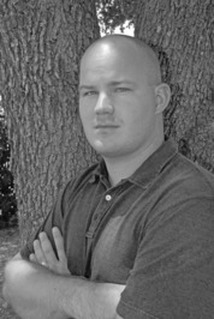 Author Website: cliffgraham.com Author Facebook: facebook.com/cliffgrahamauthor Author Twitter: twitter.com/cliffgraham
2 Comments
Matt
7/12/2020 08:31:41 pm
I would love a copy or an ebook of this and the :Ed book of day of war but can’t find them anywhere! Would love any help to get copies!
Reply
Irene Mayall
4/6/2024 10:33:35 pm
I have Shadow Mountain Exodus ans would like a copy of Widerness where can I get one please
Reply
Leave a Reply. |
Follow meArchives
May 2024
Categories
All
|
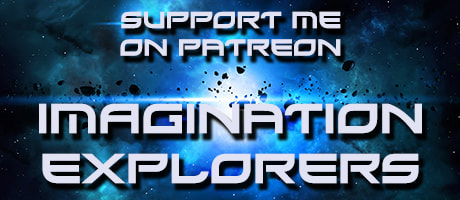
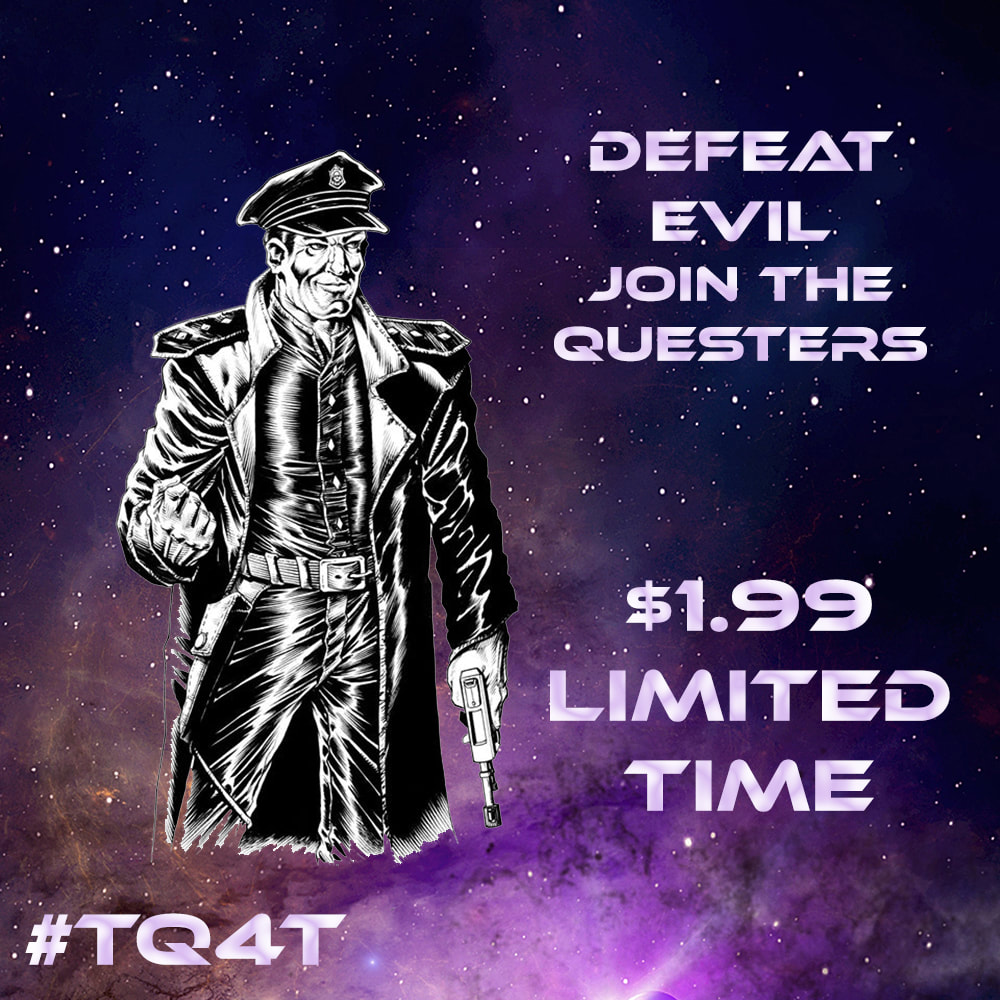
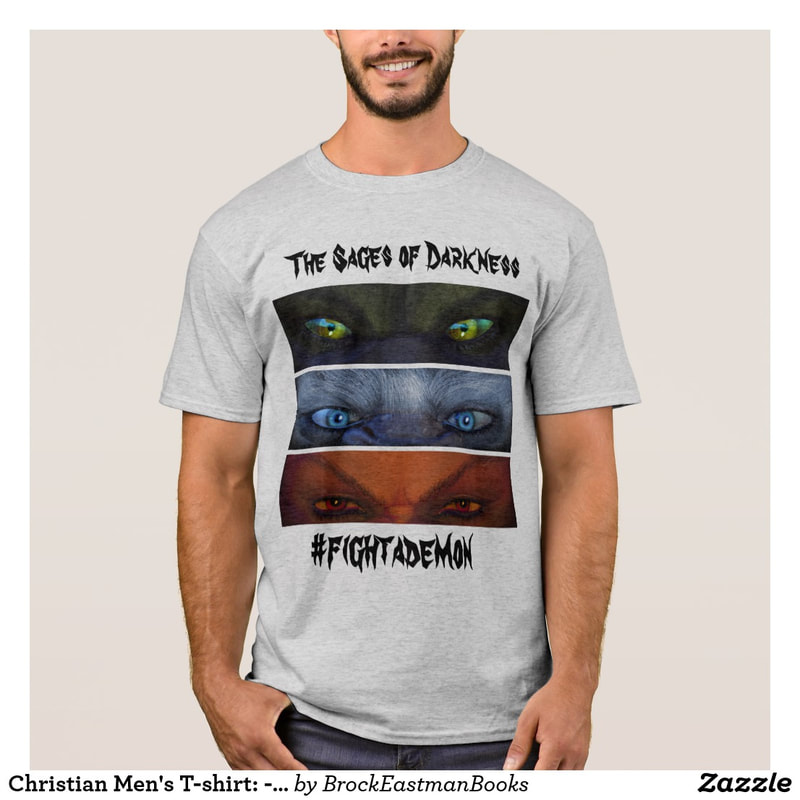

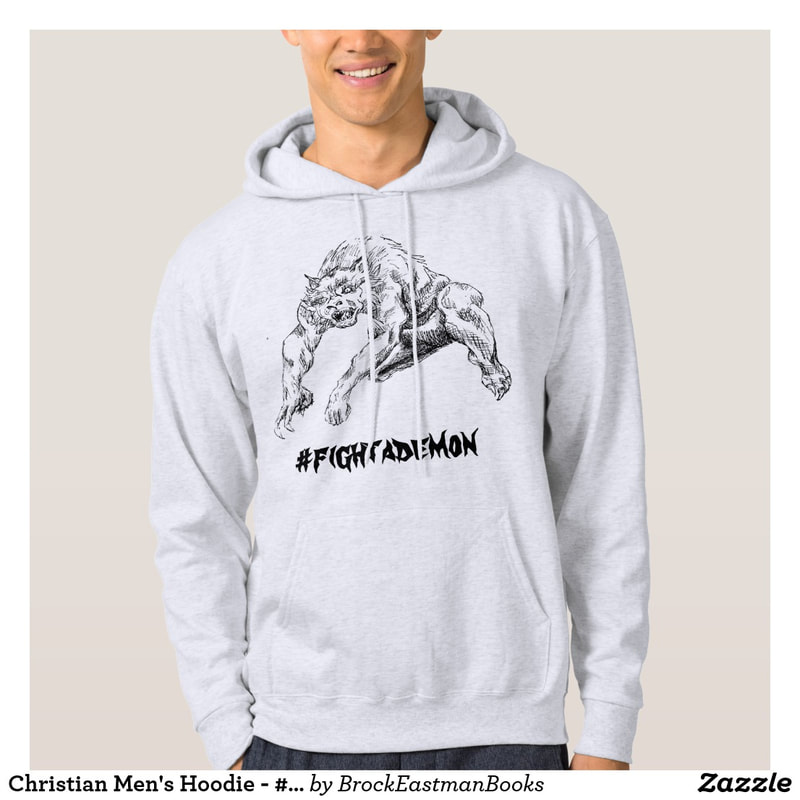

 RSS Feed
RSS Feed